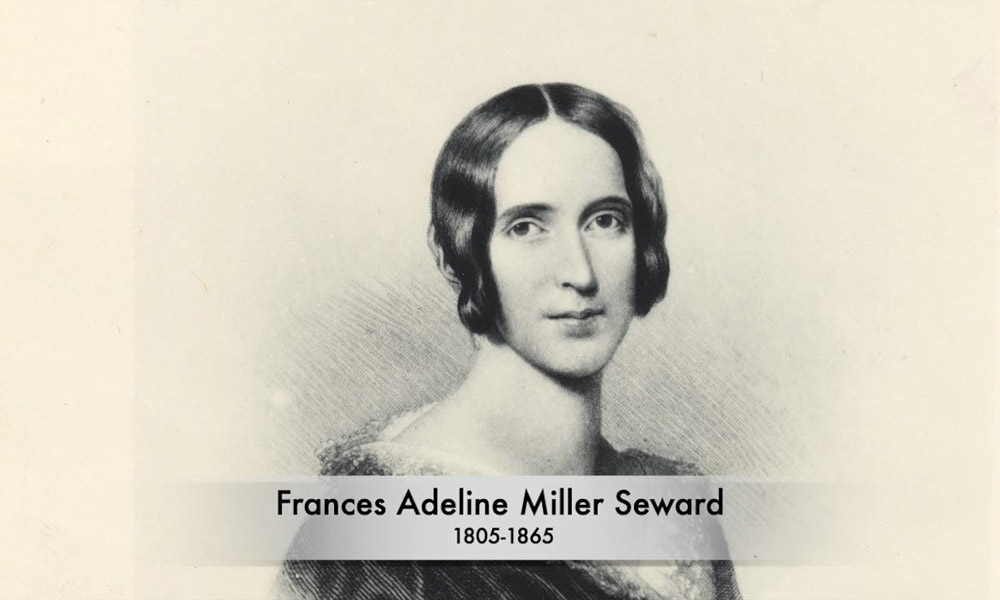
History project tells a more complete story of Frances Seward
Three women in the history PhD program have completed a video project showing the wife of Lincoln’s secretary of state as more influential than typically depicted.
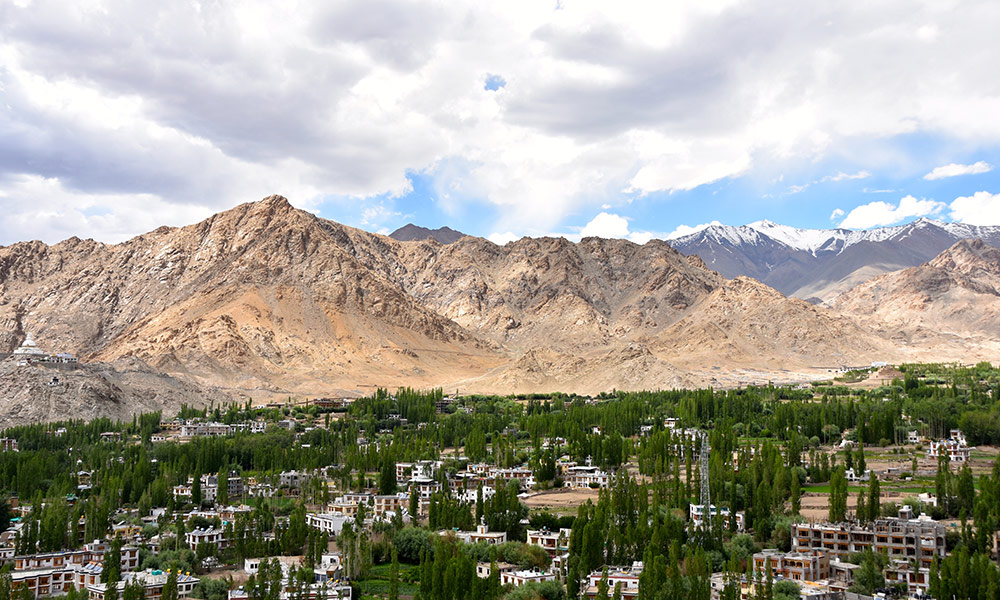
Rochester Himalayan project receives environmental history award
Work to preserve testimonies of a people and their culture is recognized as an “outstanding model of applied environmental history scholarship.”
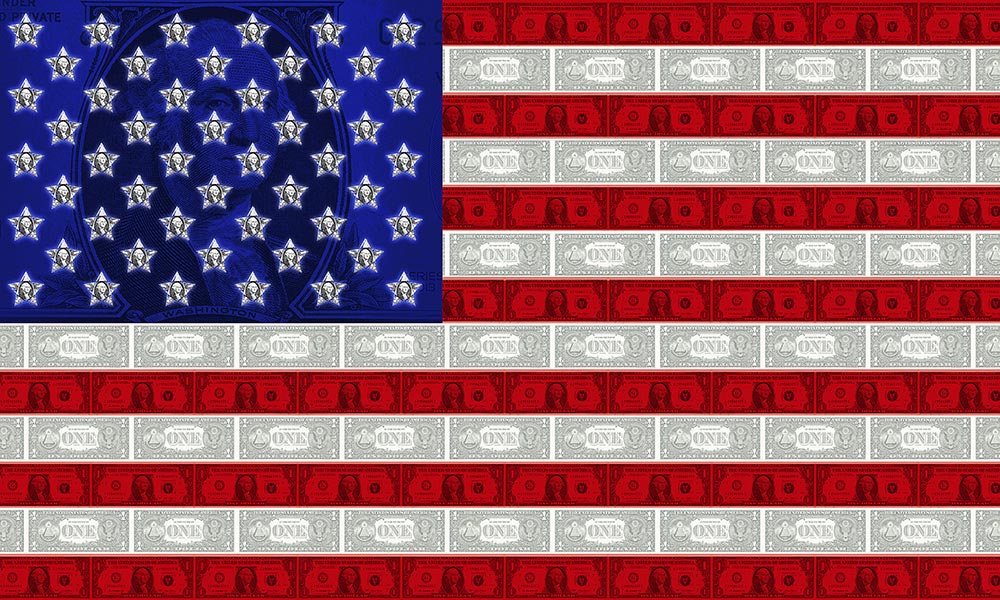
Campaign finance reform will not restore trust in democracy, say two social scientists
Proposed campaign finance legislation is “riddled with claims that do not hold up when subjected to scientific scrutiny,” argues Rochester political scientist David Primo.
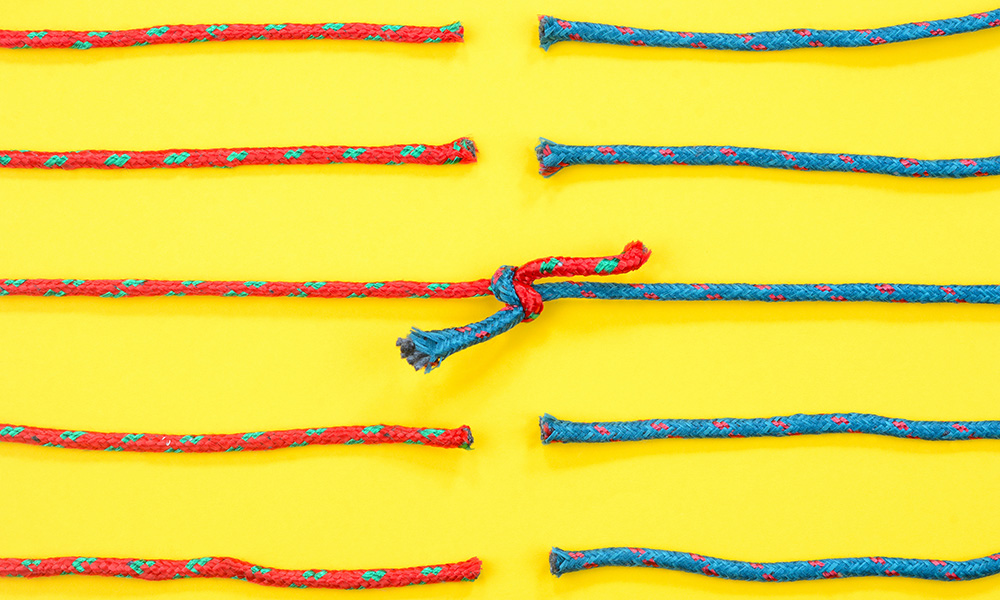
Republican and Democratic voters agree on one thing—the need for generous COVID-19 relief
The latest Bright Line Watch survey finds that voters support COVID-19 relief spending, but partisan divides remain over the election and impeachment.
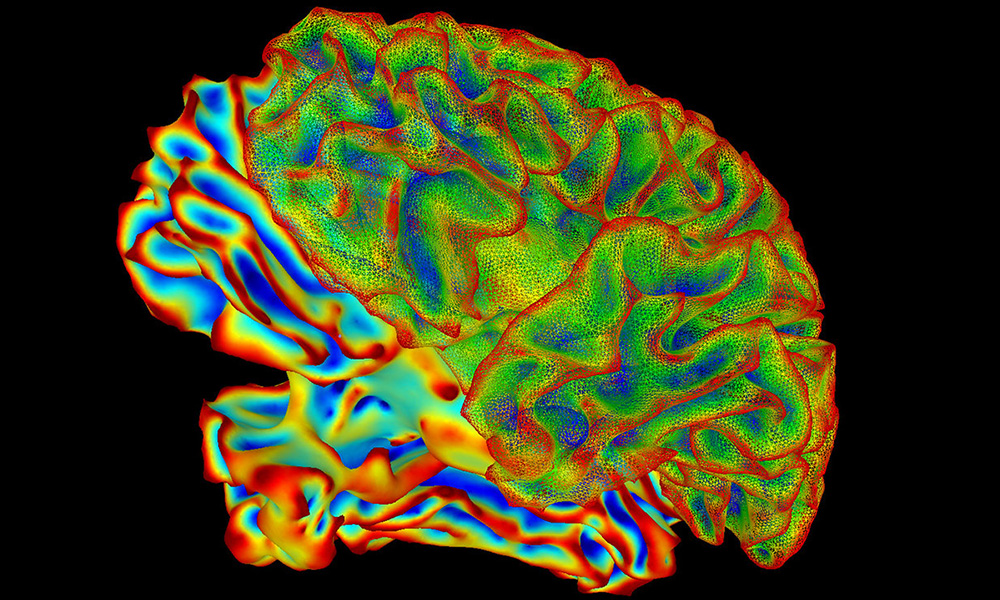
An experimental neurofeedback imaging treatment has emerged for psychiatric patients. Does it work?
A study by University of Rochester psychologists finds some positive results for the new approach.

The Jupiter and Saturn conjunction, through medieval and Renaissance eyes
In medieval and Renaissance Europe and in the Arab world, it was widely believed that “when Saturn and Jupiter are found in the same area of the zodiac—in other words when they are in conjunction—there are profound effects on Earth,” says historian Laura Ackerman Smoller.

How to be happier in the new year
Toss out your usual list of New Year’s resolutions and do things that make the world a better place, says a Rochester expert on motivation and well-being.
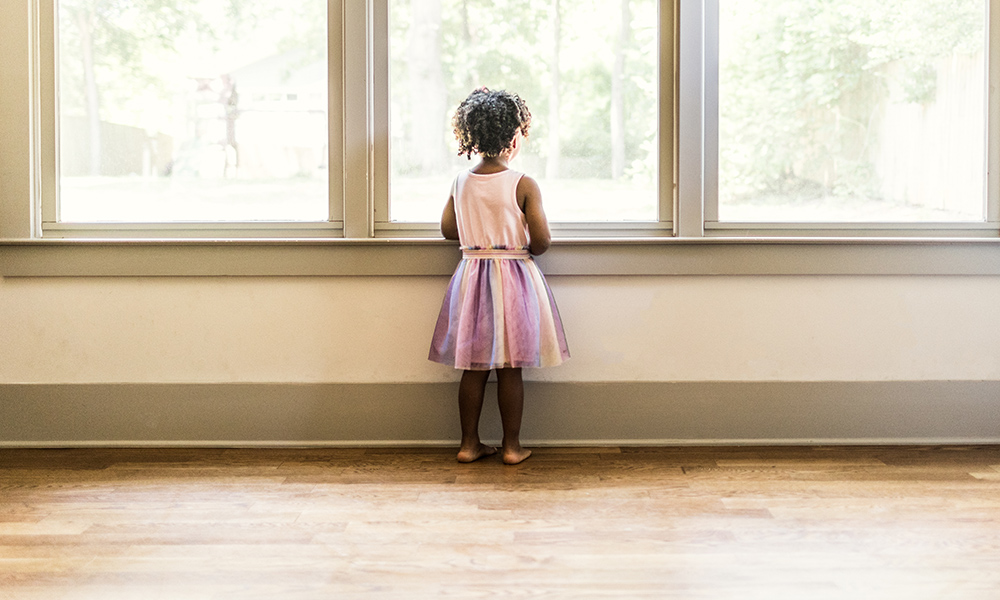
American child welfare system has lost its way, says Rochester historian
A shift starting in the late 1960s has targeted poor families with unnecessary investigations and child removals at the expense of services, argues Rochester health policy historian and physician Mical Raz.
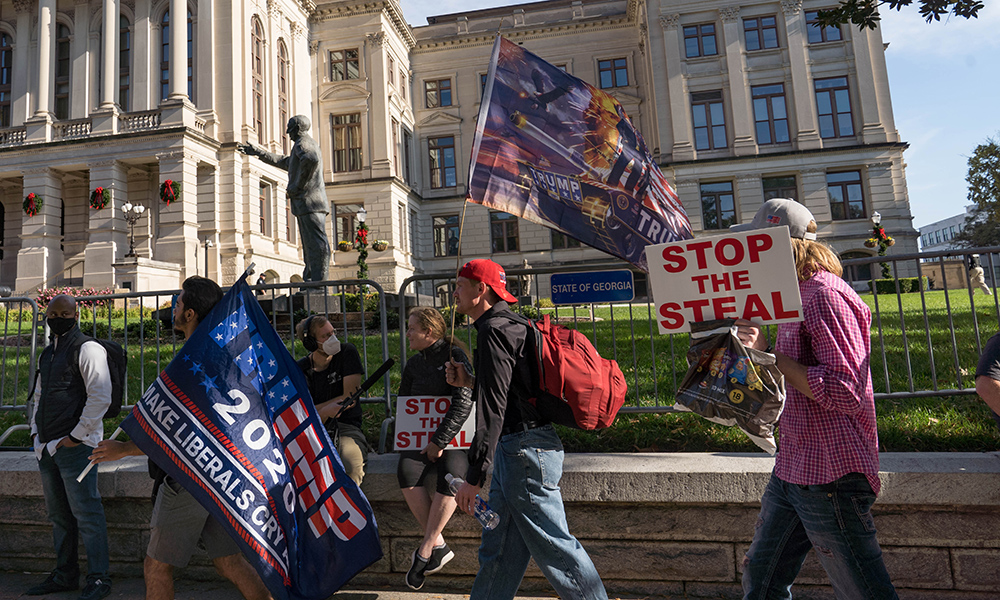
What does it mean if most Republican voters still think Biden lost?
A new Bright Line Watch survey finds that fewer than a third of Republican voters have confidence in the national vote count.

What’s the secret ingredient that makes a happy couple or family?
Analysis by University of Rochester researchers shows that psychological flexibility can shape how individuals interact with the people closest to them.

